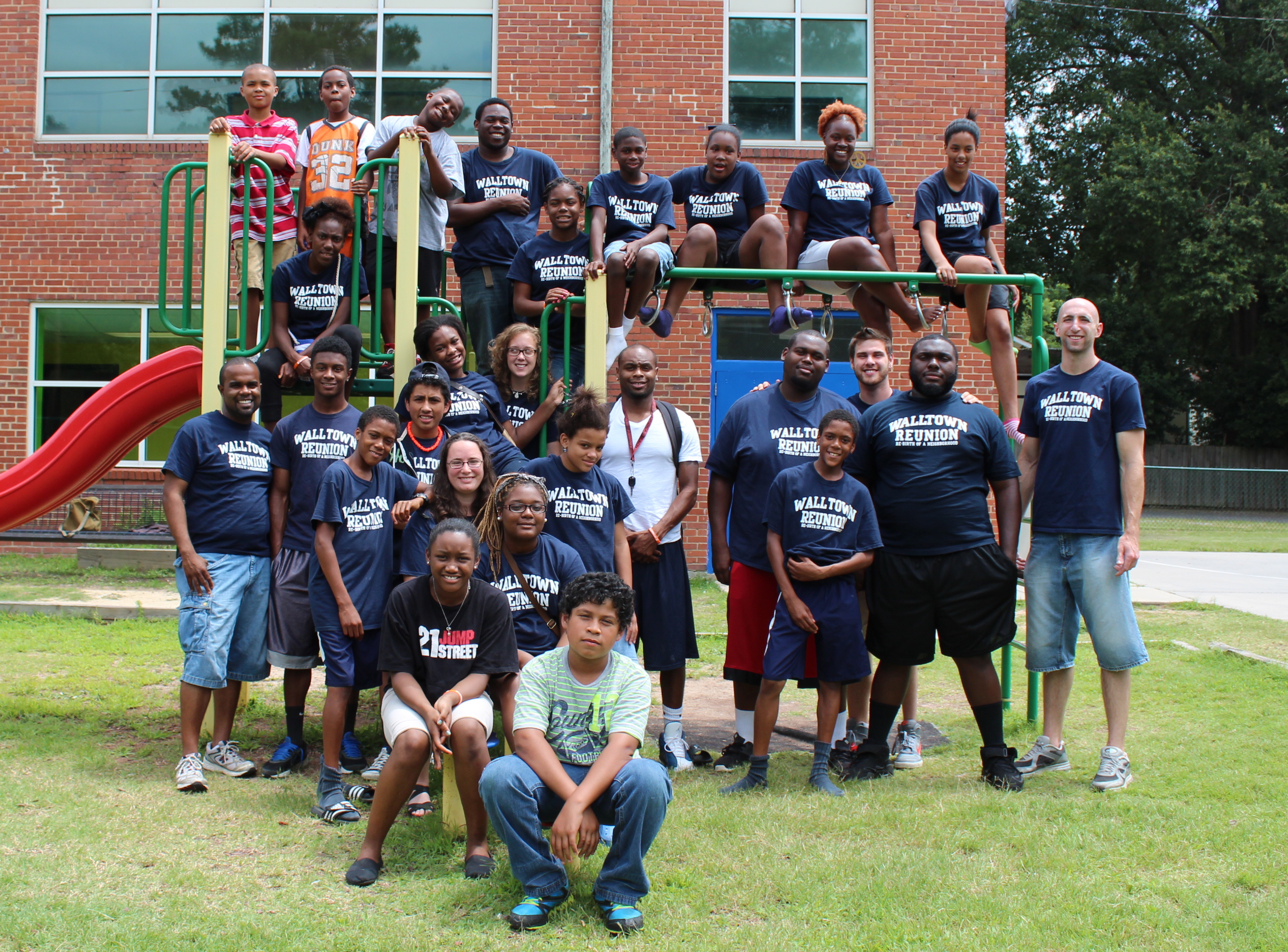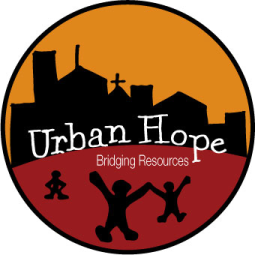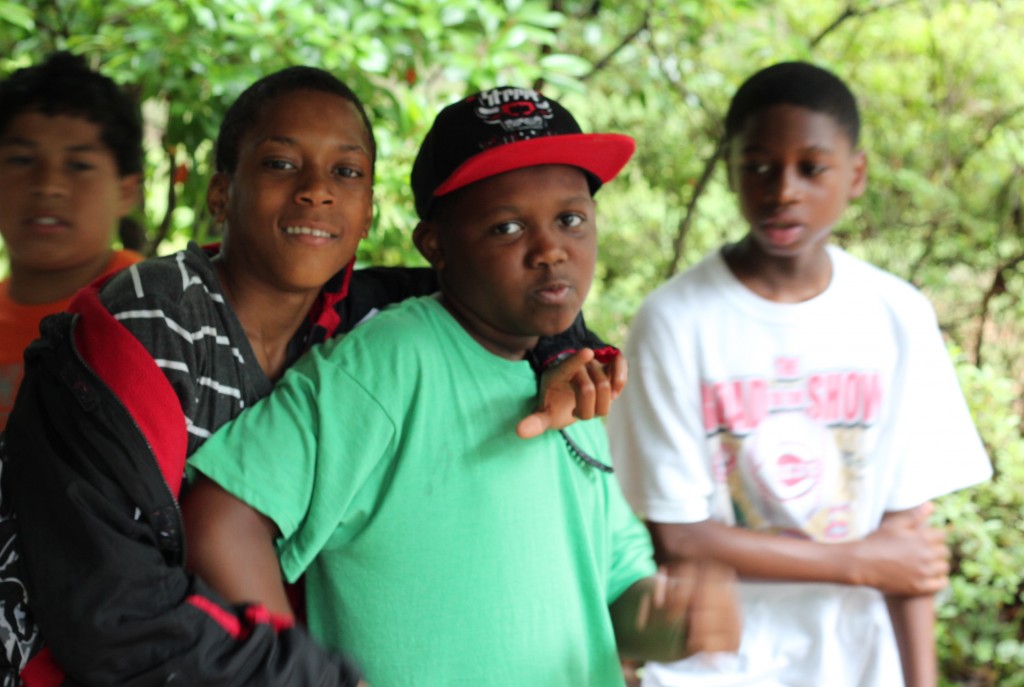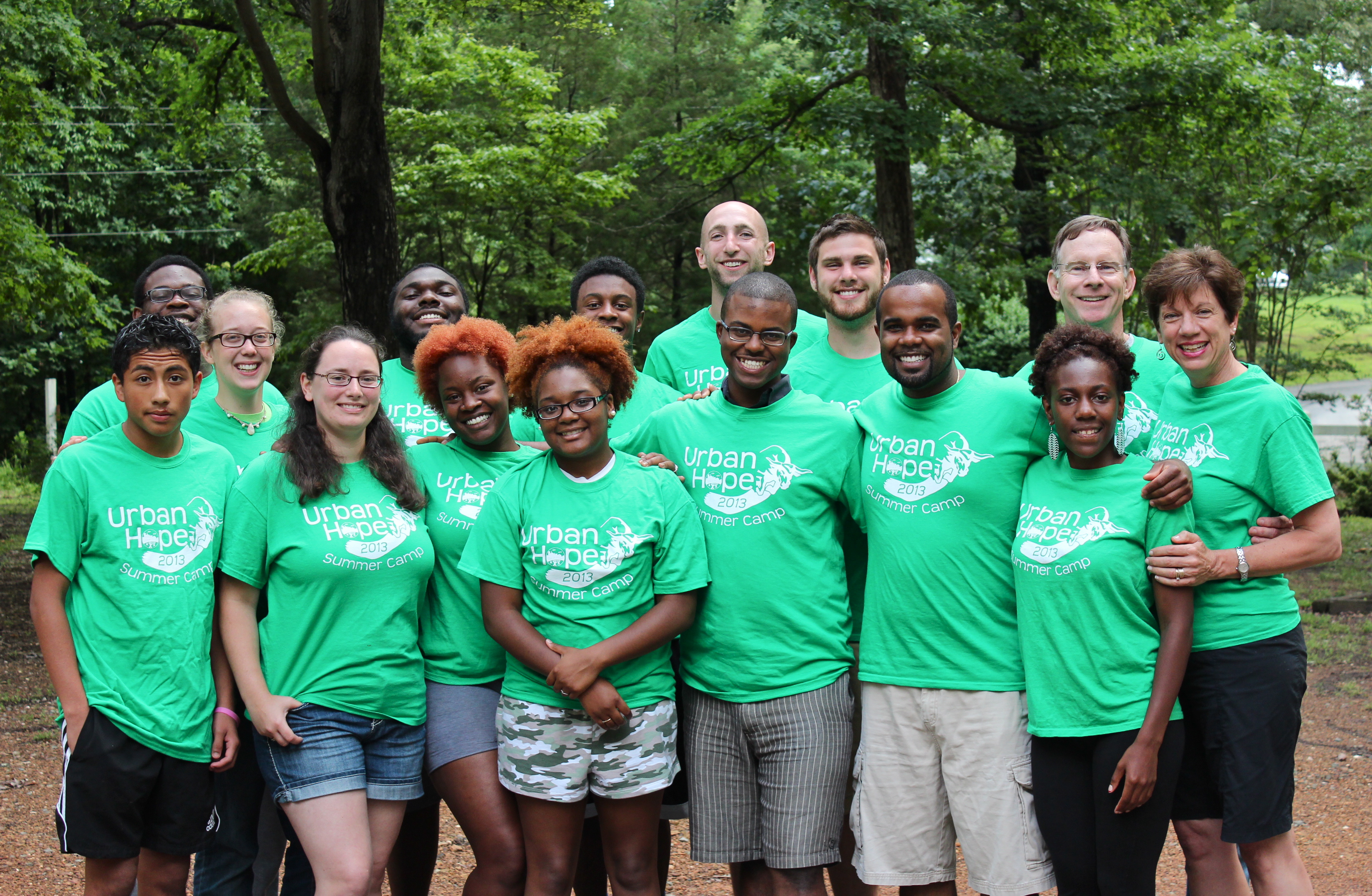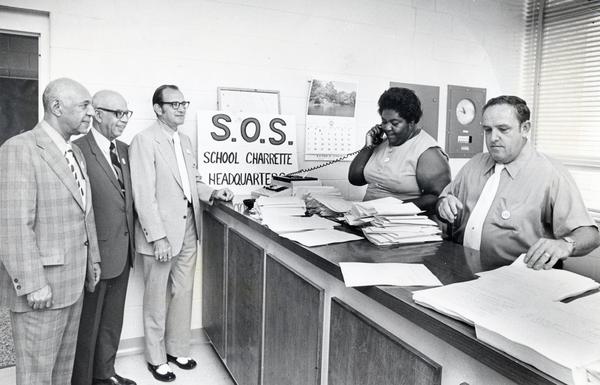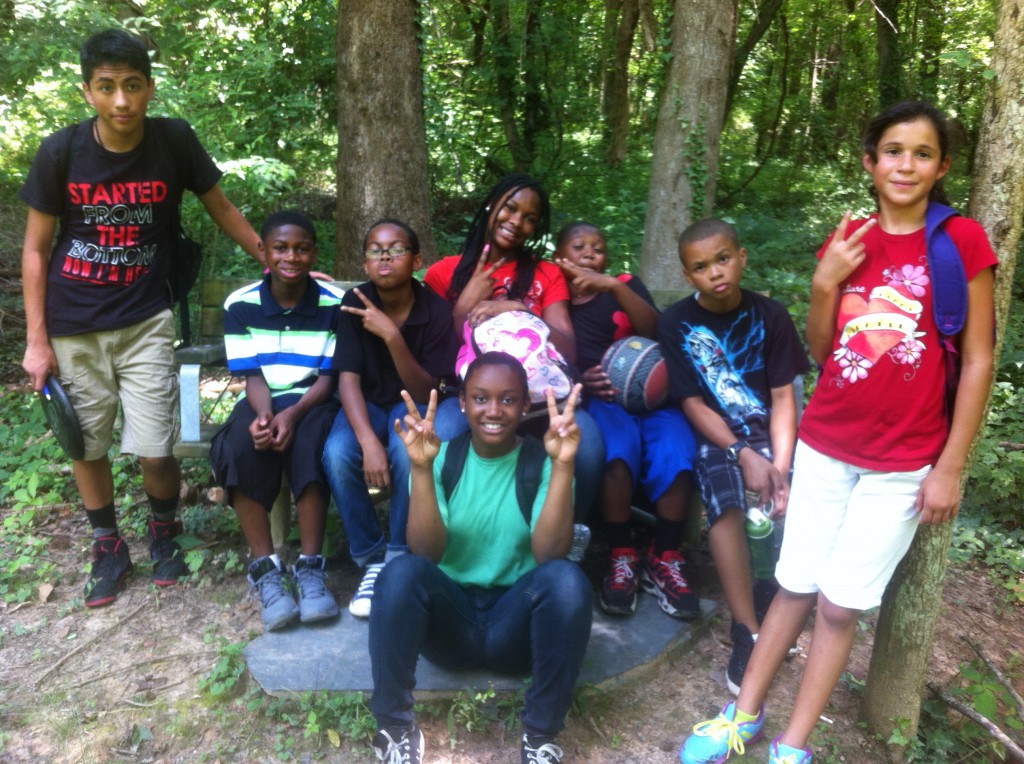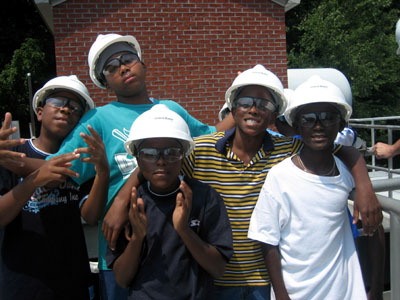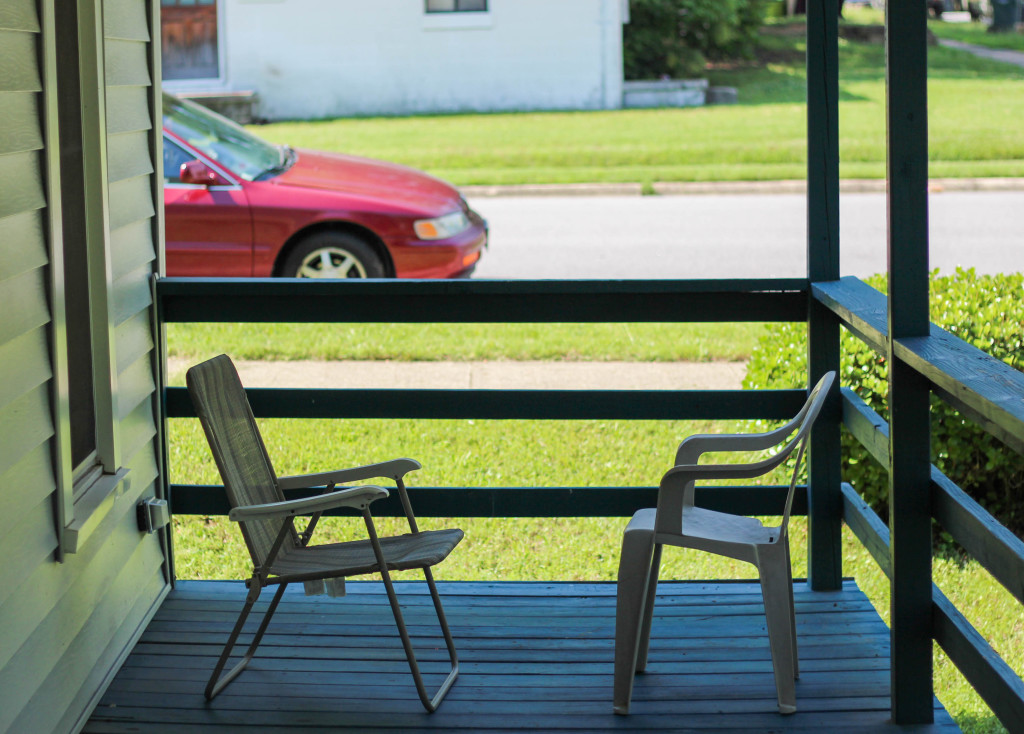America is a country with deep racial scars. For a long time, those scars were willingly self-inflicted and completely exposed; from slavery to Jim Crow, racism was rampant and embraced, not by all, but definitely many. The times changed, however, and this explicit racism became less explicit and more implied. It disappeared from our public discourse, except when we would assert that it had disappeared, and many claim we now find ourselves in a post-racial society. We’ve entered into a period defined by the now-infamous philosophy of “color-blindness,” the idea that racism and racial privilege no longer exist, and so one can simply ignore race as a factor in any decision. This, some believe, will lead to true equality.
For white Americans, this is the easiest view to have, and for a long time was what I myself saw as the truth. If we’re post-racial, then we in the power majority can continue with business-as-usual without having to get our hands dirty. I don’t have to exert any effort on behalf of my non-white brothers and sisters because they can achieve whatever they want on their own; I am free to be neutral. It is certainly enticing and would point to a society where everything would be just right.
But while racism may have become less overt, it remains difficult to completely silence the cries of the many who lament the oppression and discrimination inherent in the American system, the racism stitched into our collective DNA. Poverty, mass incarceration, single-parenthood, and many other national issues disproportionately affect non-white demographics. The public outcry and intense, far-reaching grief after events like the recent Trayvon Martin ruling or the aftermath of the Oscar Grant shooting serve as reminders that, despite the proclamation of post-racial America and color blindness, racism isn’t over.
In Spencer Perkins’ and Chris Rice’s book, More than Equals, a quote from Elie Wiesel opens a chapter entitled “White Blinders.” Wiesel writes, “Take sides. Neutrality helps the oppressor, never the victim. Silence encourages the tormenter, never the tormented” (70). America’s racial scars are still there, and though we attempted for many years to conceal them, though we sometimes currently try to remain neutral, we end up choosing the side of the oppressor. If remaining neutral and passive is itself an act of oppression, fighting that injustice requires action on our part; on my part. The question then becomes: “What is the proper way for an indirectly affected person to fight racial injustice? What can I do?”
Coming into this summer, I knew that race was going to be a main theme. In a lecture at UVa this spring, Soong-Chan Rah and Anthony Bradley planted seeds that I desperately wanted to water by entering into a predominantly black context and tackling this reality. The logical question, then, was “How do I, acknowledging my whiteness, participate in this context?” I am not directly affected by many of the issues that face the non-white folks in this community. Is there a way for me to engage them, and by extension those issues, without further contributing to the white, European power culture that exists today?
Perkins and Rice’s book focuses on reconciliation and it seems that for Christians that this is the direction in which we must move. Their approach starts with an understanding of the Gospel as reconciliation. In Genesis 3, humans broke away from God and left the Garden. In Genesis 4, one man breaks away from another when Cain kills Abel. From there on, the Bible deals with undoing those two events by pursuing humanity’s reconciliation with God and neighbor, culminating in Jesus and extending through Paul. Jesus reveals that the two greatest commandments are to love God and to love our neighbor; “all the Law and the prophets hang on these two commandments” (Matthew 22.40). Paul follows up by writing that God has given us the “ministry of reconciliation” after He reconciled us to Himself through Christ (2 Corinthians 5.18). Our goal, our life, is to reconcile.
This hope of reconciliation resonated with me as I read this book through the lens of my experience in Walltown. Perkins writes, “for it is only when we feel a friend’s pain by making ‘his’ problem ‘our’ problem that we will harness the necessary passion to act” (Perkins 36). Through this summer, I have made close friends. But I think the true friendship about which Perkins writes is not merely a person in whom we confide or with whom we go out to coffee; rather it is a friendship rooted in the desire to live life with one another, to actively engage another within community. To find that passion, to truly take on another’s pains, requires that deep, relational, intentional friendship.
I personally saw this in the aftermath of the Trayvon Martin ruling. The counselor group for Urban Hope this year was about half white and half black. During a bible study, which came at a time when we had all become quite close, we were able to speak candidly about the ruling and its implications. I heard the stories and saw the emotions coming from those that are directly affected. I listened to firsthand accounts of similar experiences, experiences that I have never, and will never, fully encounter. But through the lens of someone who lives in that reality, and more importantly a good friend, I was able to understand so much more clearly the gravity of the ruling. The racial truths became undeniable as I could suddenly relate, on some level, to what my non-white brothers and sisters experience daily. Despite my greatest efforts I could not have achieved this alone. Only through a real friendship could I glimpse into that world to hear and feel the powerful lament, and while it is just the first step, understanding this pain, feeling this pain, is a step toward fulfilling the Gospel: reconciling the world to God and man to his neighbor.
Reconciliation is the act of bringing two groups together, to mend broken halves into a cohesive whole, and not only is it a key part of the Gospel, it’s a key part of any positive race relations in the United States. I chose to highlight just one aspect of reconciliation but it does not stop at feeling a friend’s pain; there is plenty more involved on this journey. Along the way, we must listen. We must ask what our non-white brothers and sisters want. We must build up indigenous leadership. We must help cultivate safe places. We must love. We must live life like Christ.
This summer has seen these themes repeated because racial reconciliation has influenced my entire summer experience. From Genesis on, humans have been working toward true reconciliation with God and neighbor, and here in Walltown, we’ve been working toward true reconciliation with our non-white friends. The path to reconciliation is long and hard but its fruits are sweet. I am glad to have played a part in the process.

